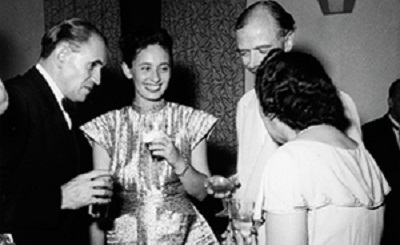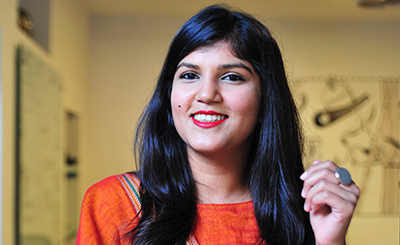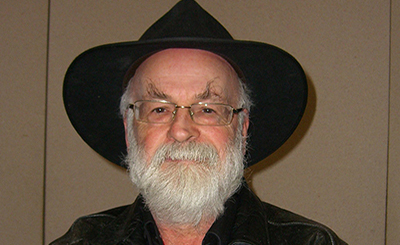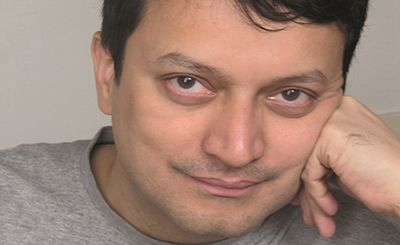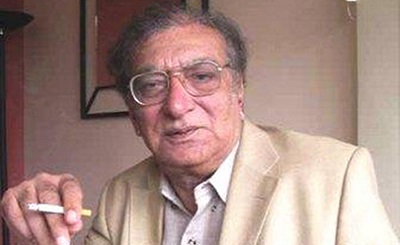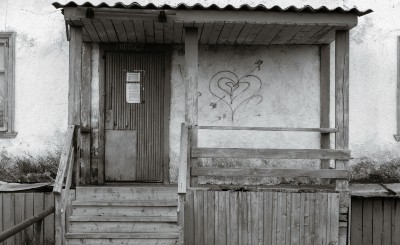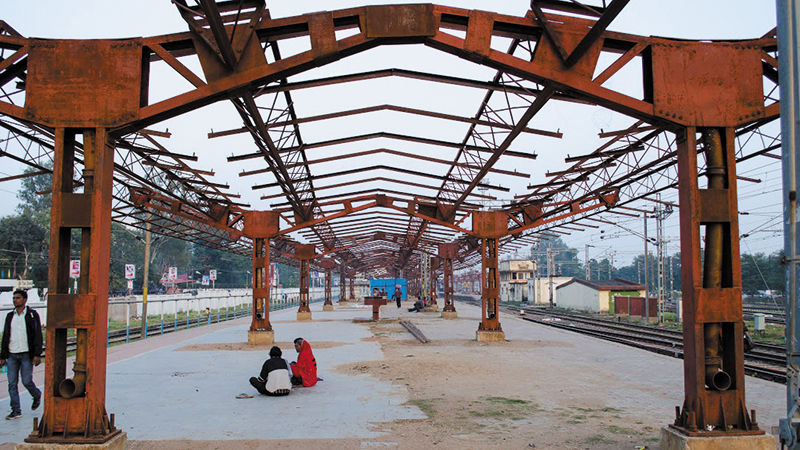
Five years ago, while I was walking back from work, from my new job that my father approved of because it covered some health insurance, my phone rang. It was my uncle, my father’s twin brother, five minutes younger than my own, I am told. He asked me where I was, and then said, “Zamir has met with a fatal accident.”
My first reaction was that of a copy editor, an irritation with how loosely Indians seem to use the word “fatal”, “fatal” means deadly, as in a killing accident, and of course my father could not be dead. There was no world, no universe where that statement could make sense. I started to correct my uncle, who had been my father’s companion for almost seventy years, to tell him that English was not to be trifled with like that, that people would misunderstand, and an accident was only an accident, and it could not be fatal.
We are all so used to correcting our elders, especially in the manipulation of this foreign tongue, that it made sense to tell him he had made a mistake.
Except, of course, he had not. He was a careful man, not given to stray comments of little merit. The mistake had been mine, thinking my father would be there, that I was promised time with him, that he would see me achieve the things we had talked about. I went home. I washed my father’s body, and buried it. I did a few things, and then, turning in heartbreak to my father’s twin brother, I asked him to help me wrap up things that I did not have the heart to attend to.
I fled back to Delhi, buried myself in work, took my grief and pounded it into all I worked upon. I did not look back. The world felt overexposed, as if somebody had ripped the roof off of my house, as if there was no shelter. Things reached me too fast. I did not have time to throw up my guard. With my sister, my only sibling, in the United States, I became my father’s heir in India. It was not something I was ready for. His friendships, his vast contact of friends, all he had been, I could not absorb. Nor did I try. Instead, I curled up into myself and grieved. I took that grief and made it into a weapon. Success, in little things and big, came my way easily. But somehow I had lost my taste for it. I am an Indian middle class man. It is hard to reach for something for myself. Shame inhibits me. I could have broken the world open for my parents, but for myself, it did not really matter. To a degree, it was embarrassing. If I could not share it, I did not want it.
Two years later, I married. My uncle, my father’s twin, acted in place of my father. He had lost a little weight in the months preceding the wedding, and was looking tired and ill at ease. We did a few tests just before the wedding, and it was a day or so after the wedding reception that we were told that he had cancer. And that it was in an advanced stage.
There were more tests. The initial ones seemed to indicate kidney cancer, common enough, and with a standard procedure of treatment, but there were anomalies. It should not have spread so quickly, and so far. Secondary testing revealed a type of cancer called Bellini Duct cancer, or “Collecting Duct Carcinoma”. This is the age of the internet, and after an aunt of mine, an eminent doctor in her own right, had confirmed it to me, I searched and searched.
Page
Donate Now
More from The Byword
Comments
*Comments will be moderated



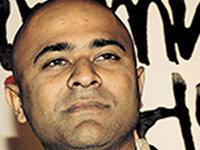
THUMB.jpg)
